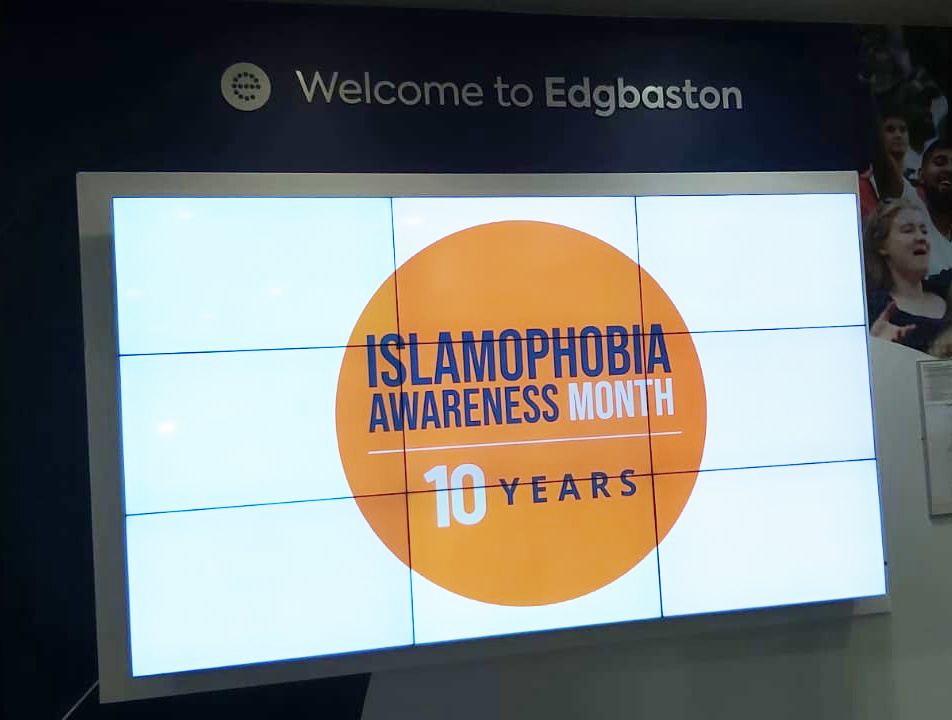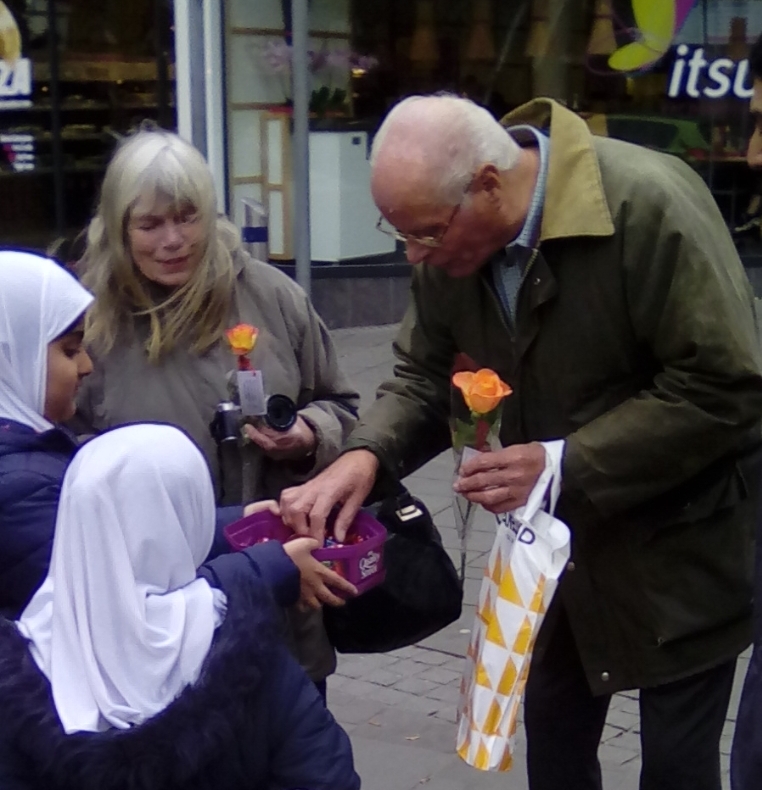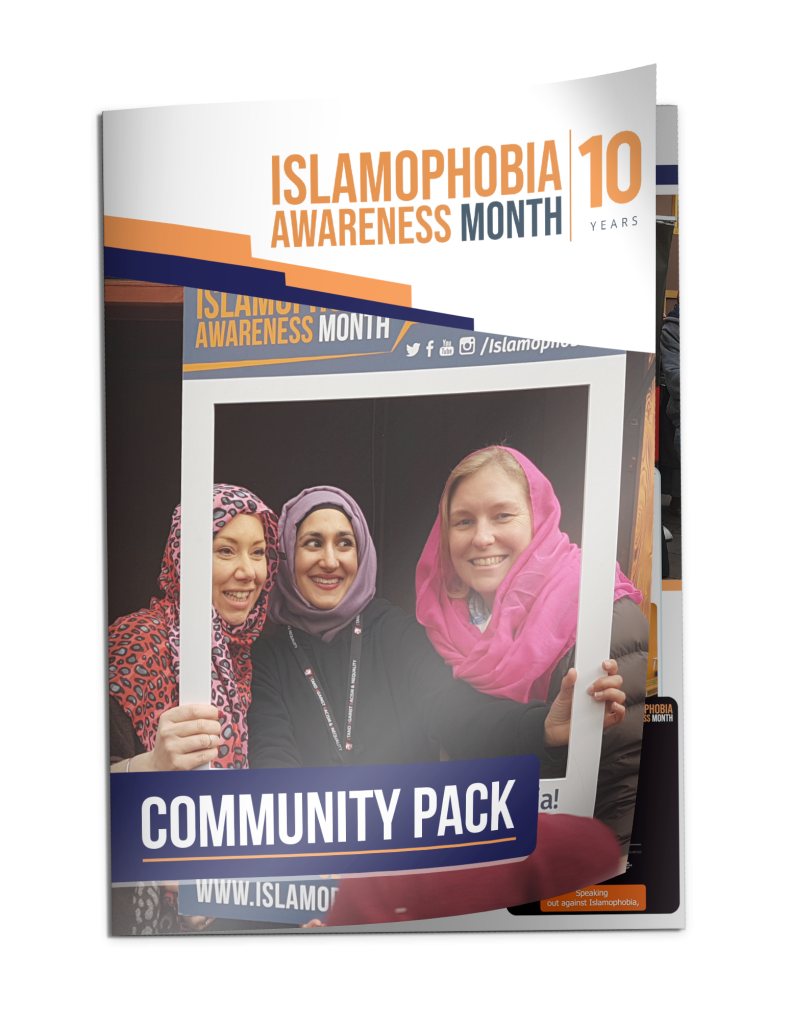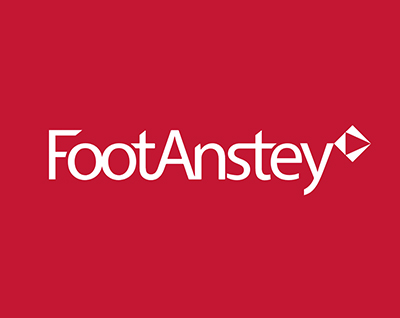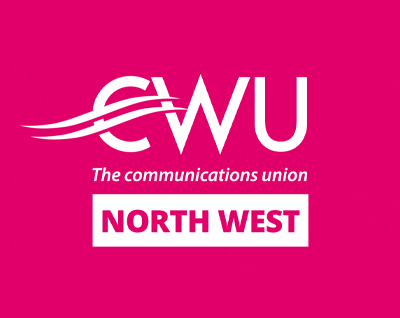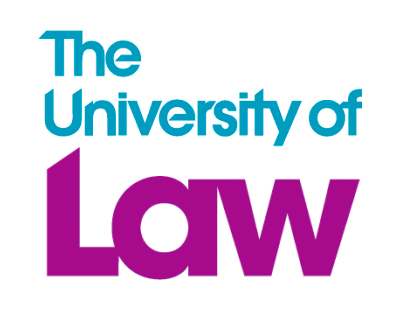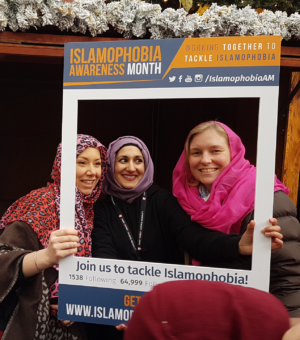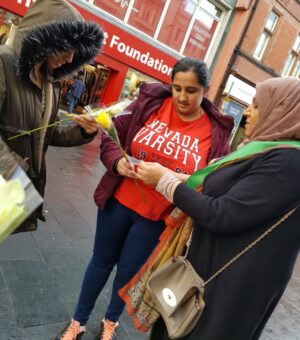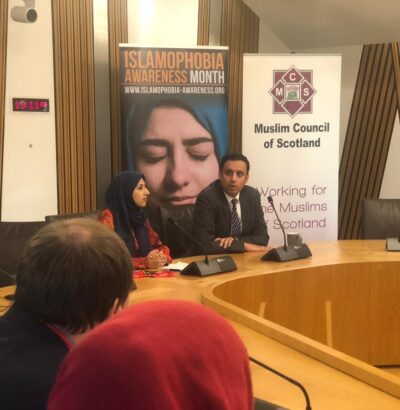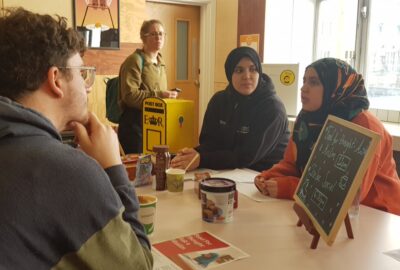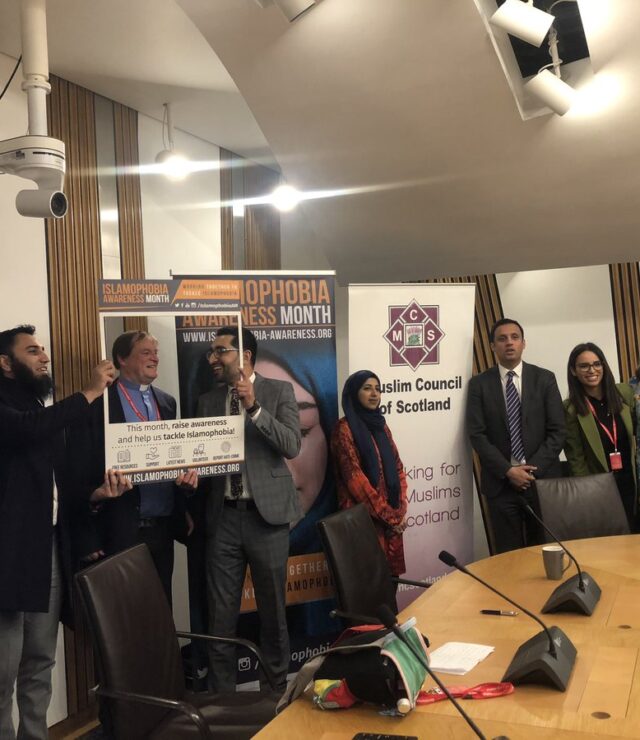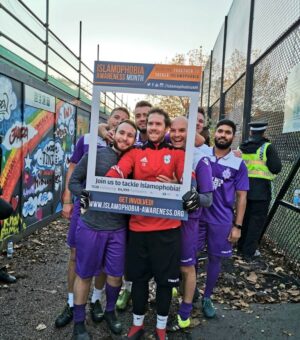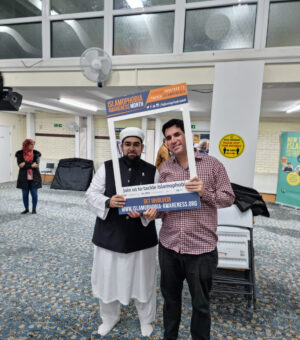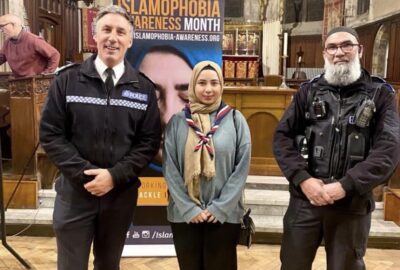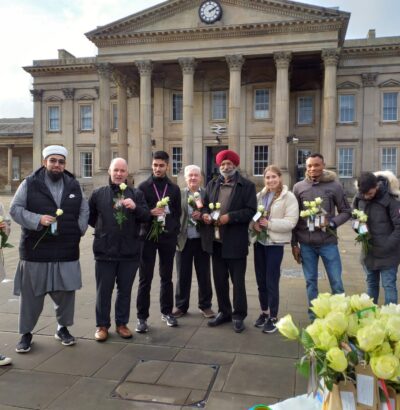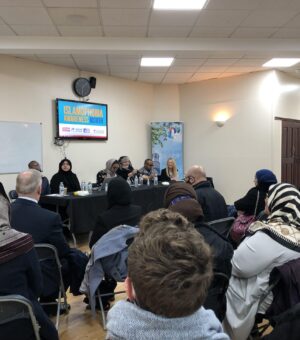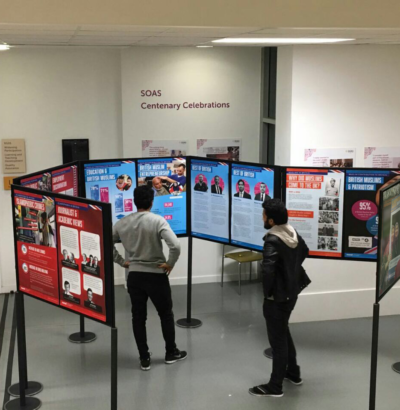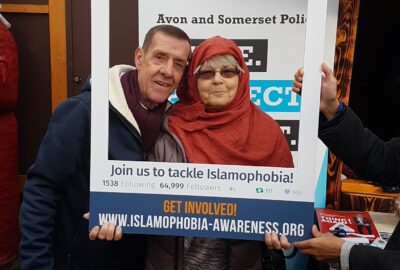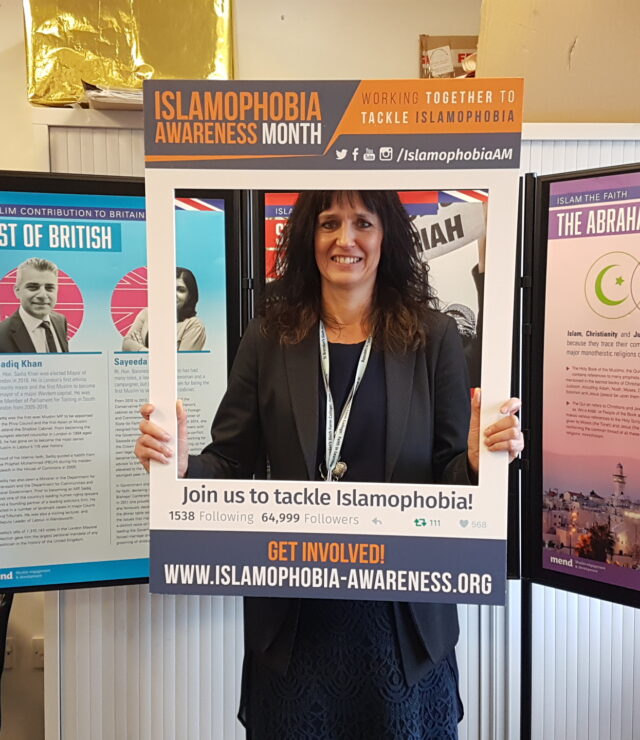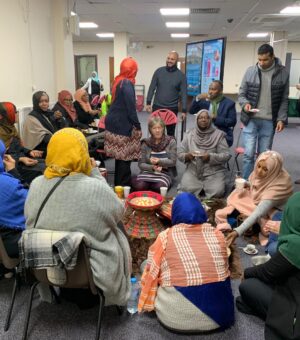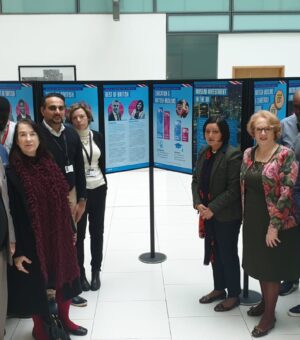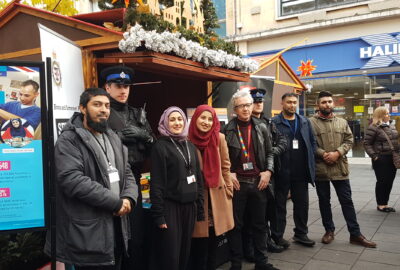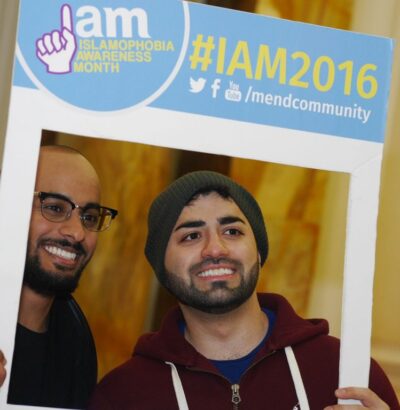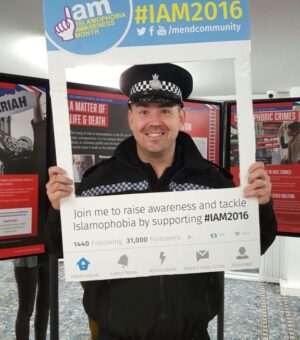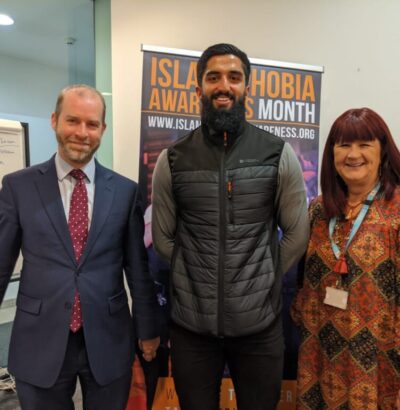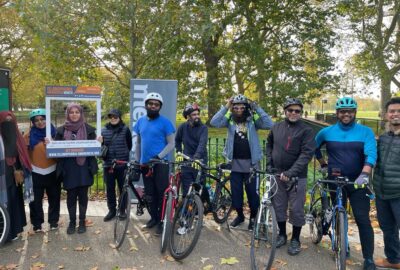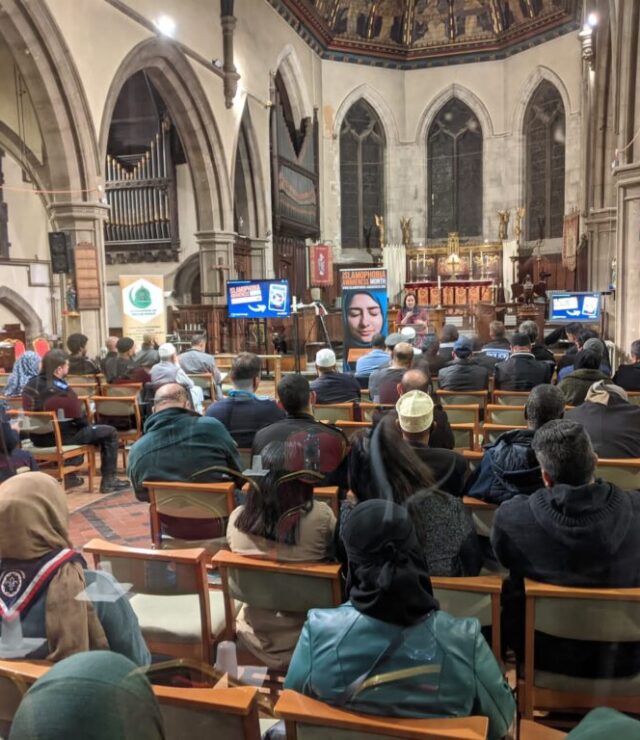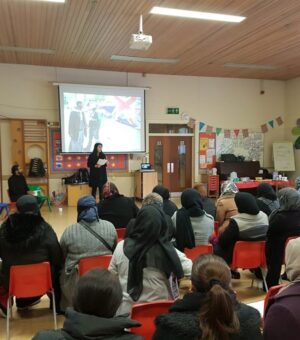
Our vision is to see a society free from Islamophobia in all of its forms and the Islamophobia Awareness Month campaign widely recognised and supported every year.
More ways to get involved

What is IAM?
Islamophobia Awareness Month (IAM) is a campaign founded in 2012 by a group of Muslim organisations. It aims to showcase the positive contributions of Muslims as well as raise awareness of Islamophobia in society.
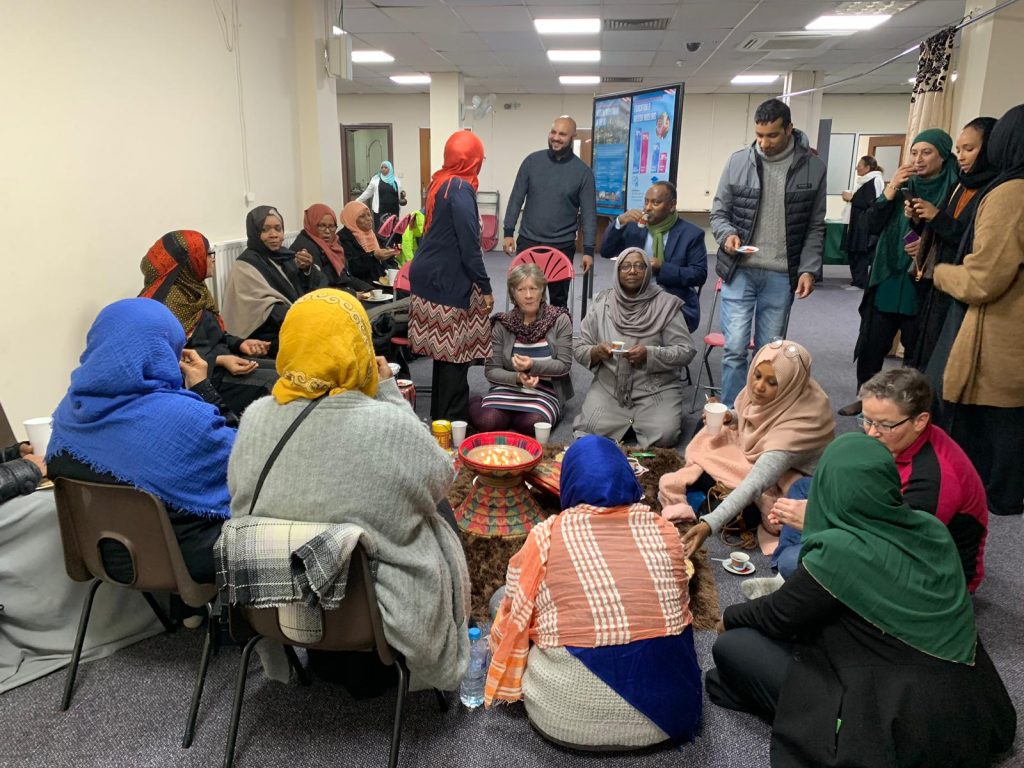
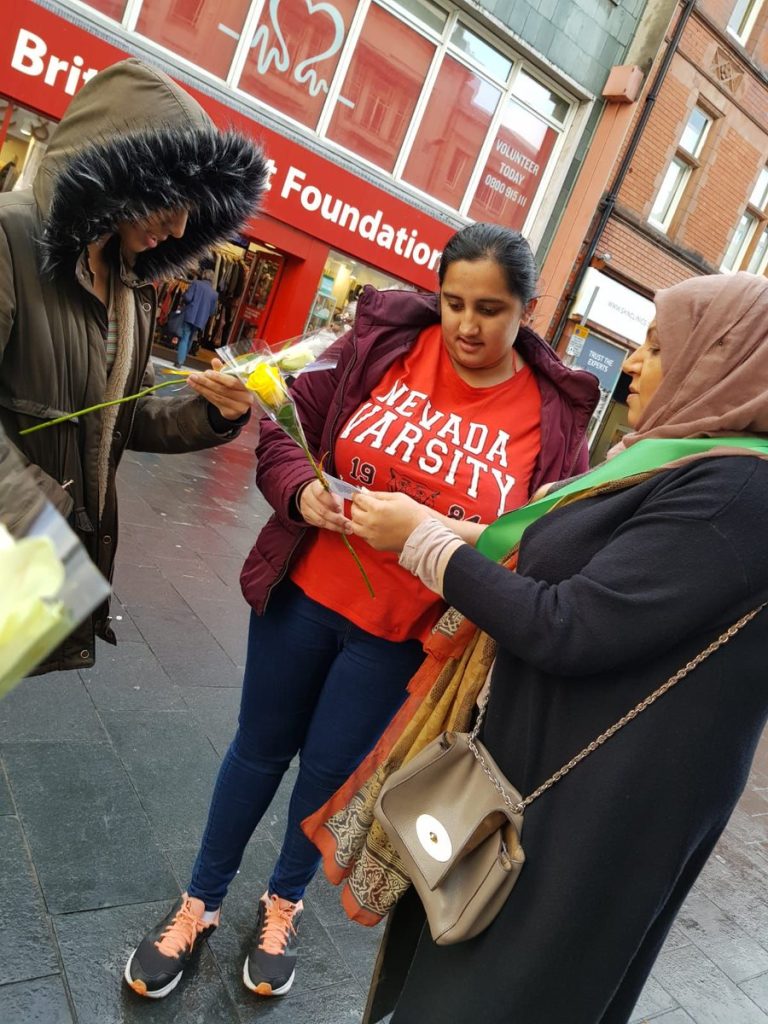
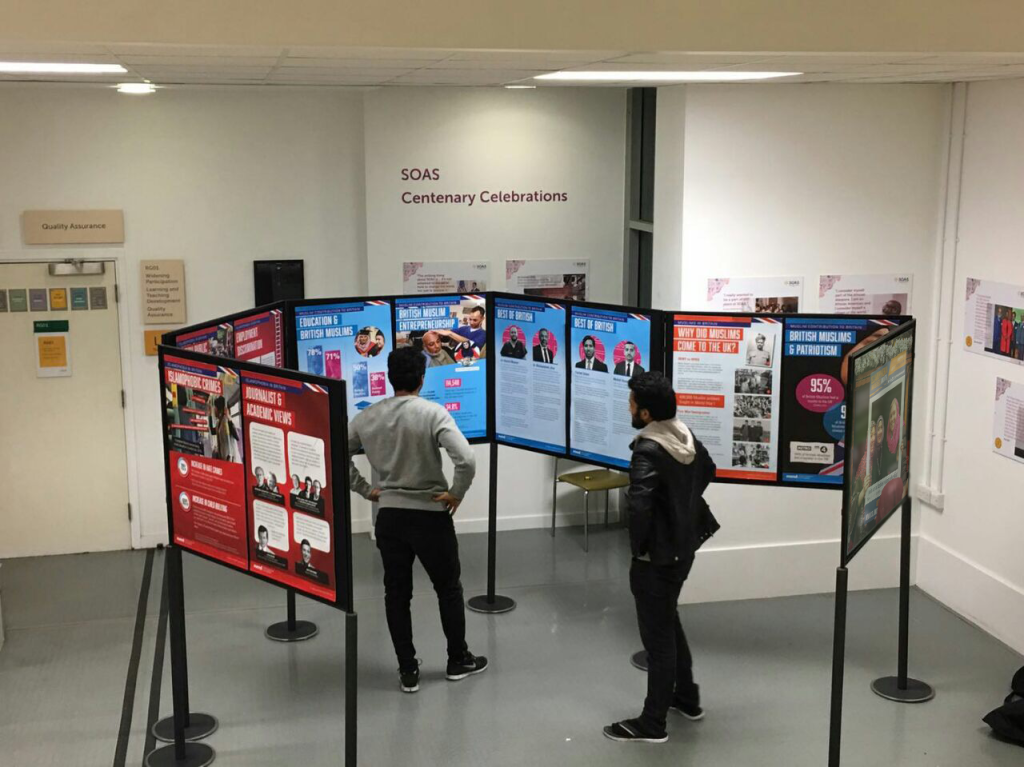
This year’s theme is #TacklingDenial
The theme for IAM 2022 is #tacklingdenial of Islamophobia. The denial of Islamophobia can be seen in different forms and is found in political and social spaces across society. Why is tackling denial important? By denying islamophobia’s existence, we dismiss the lived experiences of many and the opportunity to bridge gaps in our society.
more ways to get involved
Become a Supporter
Sign up to become an official supporter of the campaign.
Hire Our Exhibition
Showcase the positive Muslim contribution to UK society.
Download Resources
Download these free resources to help with your IAM2022 campaign.
Advertise Your Event
Be creative, there is no limit to the kind of event you can host. Contact us for further support.
Attend an Event
Find out about what’s going on in your area during the course of this month.


